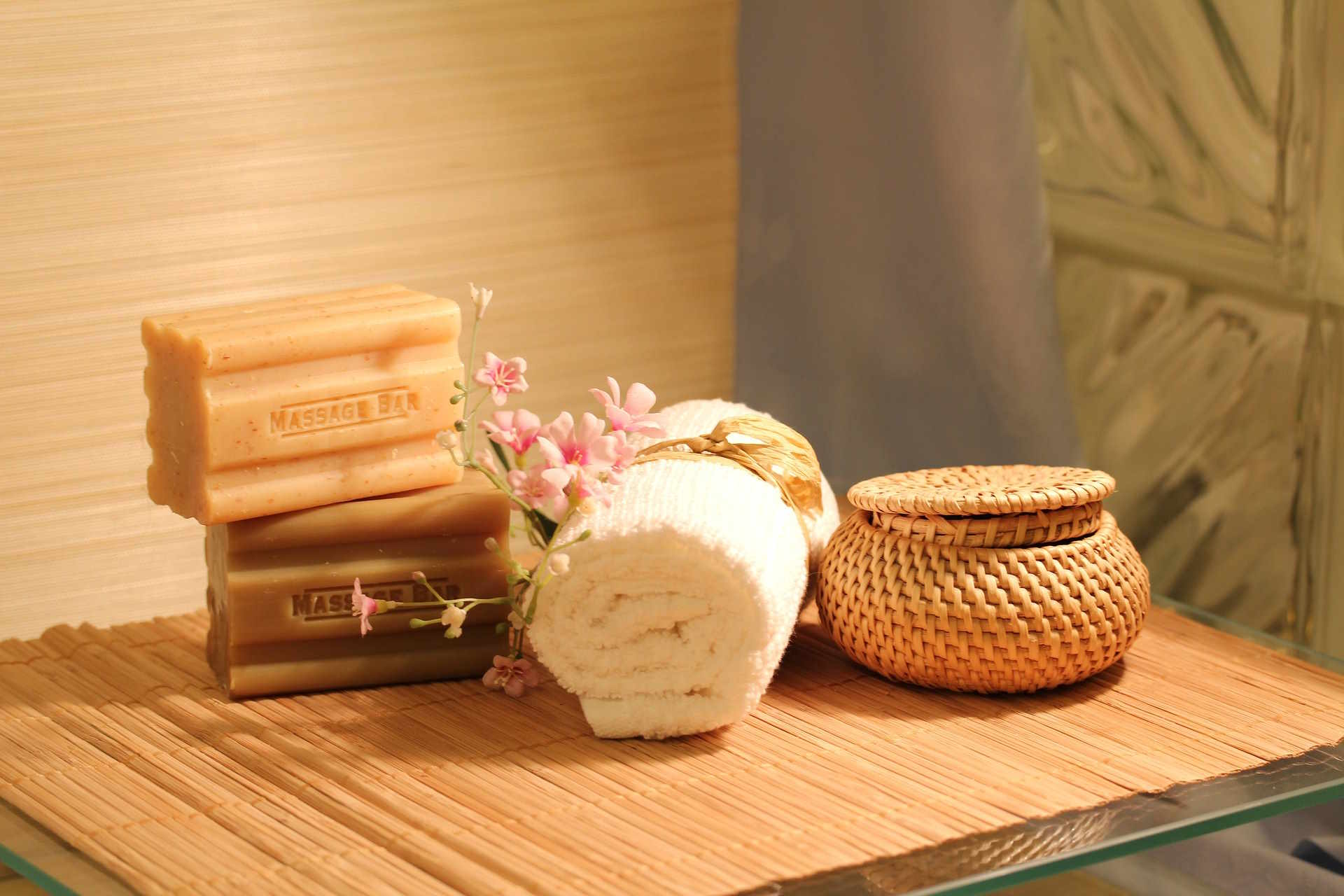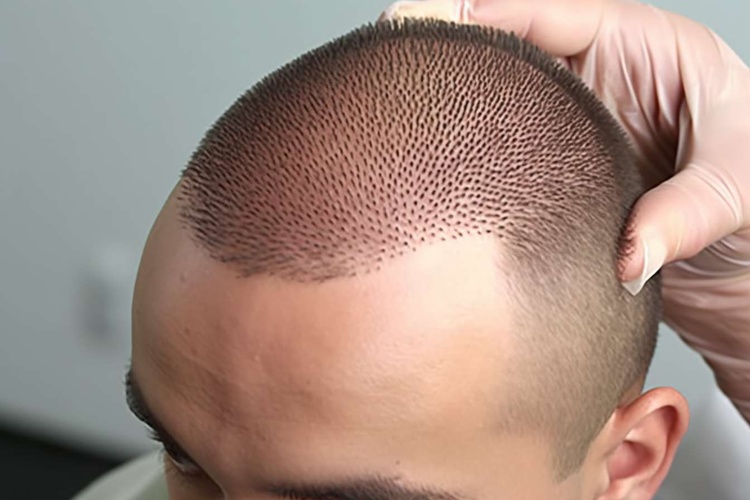Understanding the Power of Plant-based Beauty: A Comprehensive Guide
Admit it; you've been tempted to dabble in the green beauty trend more than once. It's not just Instagram-worthy, but wellness gurus are also often touting the benefits of plant-based beauty. So, how did these plant-powered potions become the darling of the beauty world?

Historical Origins of Plant-Based Beauty
In ancient times, our ancestors turned to nature for their beauty needs. They used plants and herbs for their skin and hair. However, as the cosmetic industry evolved in the 20th century, synthetic ingredients took center stage. It wasn’t until the early 2000s that plant-based beauty began to steal the limelight again. People started realizing the long-term negative effects of chemical-based products and sought solace in the arms of Mother Nature.
Current Trends: Plants Take the Beauty World by Storm
Today, plant-based beauty products are dominating the market. Mintel, a market research firm, found that natural and clean beauty products make up 25% of all beauty product launches. Celebrities like Jessica Alba and Miranda Kerr have launched their own plant-based beauty lines, further testament to the growing demand.
Beauty Benefits of Plants
What makes plant-based beauty so appealing? For one, they harness the benefits of nature without the side-effects of synthetic ingredients. Take the rose, for example. It’s not just a pretty flower. Its petals are packed with vitamins and antioxidants that help soothe and hydrate the skin. Another hero ingredient is aloe vera, well-known for its anti-inflammatory properties that help combat acne and sunburn.
A Deeper Look: The Impact of Plant-Based Beauty on the Market
When it comes to the industry, plant-based beauty is a game-changer. It has not only pushed companies to rethink their product formulations but also their packaging. Brands are now prioritizing sustainability and transparency, leading to a greener and healthier industry.
The Future of Plant-Based Beauty: What Experts Predict
Experts predict that plant-based beauty will continue to thrive. The global market for organic personal care is projected to reach $25.11 billion by 2025. With advancements in green chemistry, we can expect even more effective and eco-friendly plant-based beauty solutions in the future.
In conclusion, plant-based beauty is not just a trend—it’s a movement that signifies a shift in our relationship with beauty and the environment. As consumers, it’s our responsibility to make informed choices and support brands that are committed to our health and the planet. With every plant-based product we choose, we’re taking a step towards a more sustainable future.




